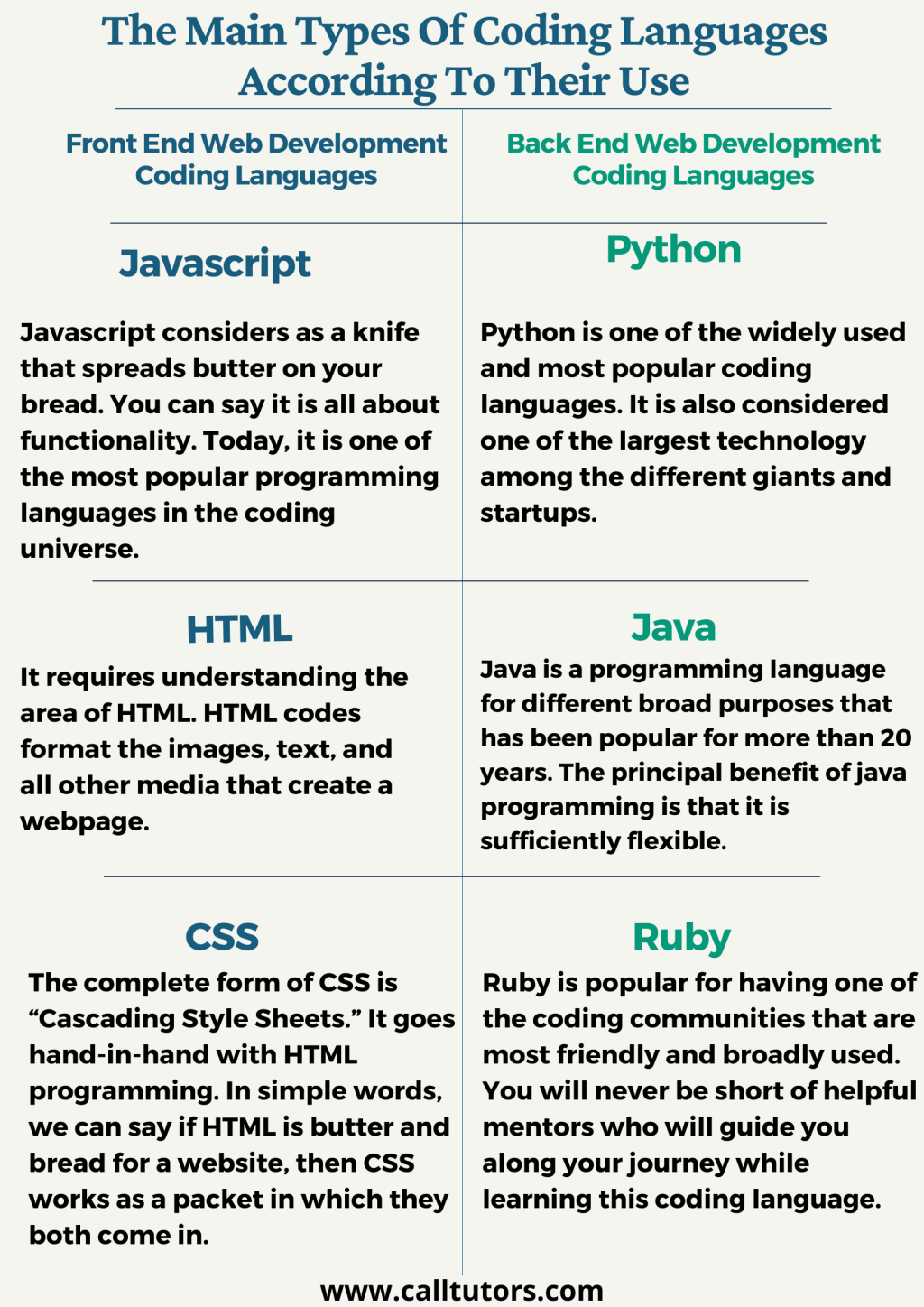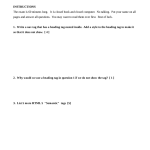Unlock The Power Of Coding: Exploring Different Types For Action-Packed Results!
Coding Different Types: A Comprehensive Guide
Introduction
Hello Readers,
1 Picture Gallery: Unlock The Power Of Coding: Exploring Different Types For Action-Packed Results!

Welcome to our comprehensive guide on coding different types. In today’s fast-paced digital world, coding has become an essential skill for individuals and businesses alike. Whether you are a seasoned developer or just starting your coding journey, understanding the different types of coding is crucial. In this article, we will explore various coding types, their applications, advantages, and disadvantages. So let’s dive in and explore the world of coding together!
What is Coding?

Image Source: redd.it
Coding, also known as programming, is the process of creating instructions for computers to perform specific tasks. It involves writing and designing sets of instructions using programming languages. These instructions enable computers to carry out functions, solve problems, and create software applications.
Who Uses Coding?
Coding is not limited to professional software developers. It is used by a diverse range of individuals and professionals, including web developers, data analysts, artificial intelligence engineers, game designers, and even hobbyists. Anyone with an interest in technology and problem-solving can benefit from learning coding.
When is Coding Used?
Coding is used in various fields and industries, including web development, mobile app development, data analysis, artificial intelligence, robotics, and game development. It is employed in creating websites, mobile apps, software programs, analyzing data trends, automating tasks, and much more. In today’s digital era, coding is everywhere.
Where is Coding Applied?
Coding is applied in numerous settings, such as businesses, educational institutions, research organizations, and government agencies. It is used to build websites, manage databases, automate processes, analyze data, create innovative software solutions, and enhance productivity. From startups to multinational corporations, coding plays a vital role in driving technological advancements.
Why Learn Different Coding Types?
Learning different coding types opens up a world of opportunities. Each coding type has its unique features, advantages, and applications. By expanding your coding repertoire, you can tackle diverse projects, collaborate with experts from different domains, and develop comprehensive solutions. Moreover, it enhances your problem-solving skills, boosts creativity, and increases your employability in the tech industry.
How to Get Started with Different Coding Types?
To get started with different coding types, you need to choose a programming language that suits your goals and interests. There are various programming languages like JavaScript, Python, Java, C++, and Ruby, each with its strengths and areas of application. Take the time to research and understand the language’s syntax, features, and resources available for learning. Practice regularly, take online courses, join coding communities, and work on coding projects to gain hands-on experience.
Advantages and Disadvantages of Different Coding Types
Advantages
1. Versatility: Different coding types allow you to tackle a wide range of projects and problems.
2. Efficiency: Efficient coding can optimize processes, reduce redundancy, and enhance performance.
3. Scalability: With the right coding approach, you can scale your projects to handle larger datasets or user bases.
4. Innovation: Coding opens doors to innovative solutions, leading to technological advancements.
5. Collaboration: Understanding different coding types enables collaboration with diverse teams and experts.
Disadvantages
1. Learning Curve: Each coding type has its learning curve, requiring time and effort to master.
2. Compatibility: Different coding types may not be compatible with each other, requiring additional integration efforts.
3. Maintenance: As technology evolves, coding languages and frameworks may become obsolete, necessitating updates and maintenance.
4. Complexity: Advanced coding techniques can be complex and challenging to implement.
5. Debugging: Identifying and fixing coding errors can be time-consuming and frustrating.
Frequently Asked Questions (FAQ)
1. Which coding type should I learn first?
It depends on your goals and interests. Python is often recommended for beginners due to its readability and versatility.
2. Can I switch coding types once I learn one?
Yes, you can switch coding types as technologies evolve and your needs change. Many coding principles transfer between languages.
3. How long does it take to learn a coding type?
The learning duration differs for each individual. It depends on factors such as your dedication, prior experience, and complexity of the coding type. Some basic coding skills can be acquired in a few weeks, while mastering an advanced coding language may take months or even years.
4. Are coding bootcamps a good option for learning different coding types?
Coding bootcamps can be a great option for intensive and immersive learning experiences. However, research and choose reputable bootcamps that align with your goals and offer comprehensive curricula.
5. How can I stay updated with the latest coding trends?
To stay updated with the latest coding trends, follow reputable coding blogs, join online communities, attend conferences, and explore open-source projects. Continuous learning and engagement with the coding community are key to staying at the forefront of technological advancements.
Conclusion
In conclusion, coding different types is an essential skill in today’s technology-driven world. By understanding various coding types, their applications, advantages, and disadvantages, you open up limitless possibilities for innovation and problem-solving. Whether you are a beginner or an experienced developer, continuously honing your coding skills and exploring new coding types will empower you to thrive in the ever-evolving digital landscape. So, start your coding journey today and unlock your potential!
Final Remarks
Friends, coding different types is an exciting and rewarding endeavor. However, it requires dedication, practice, and continuous learning. As you embark on your coding journey, remember to set realistic goals, celebrate small victories, and embrace challenges as opportunities for growth. Don’t be afraid to seek help from coding communities or mentors, as they can provide invaluable guidance and support. Happy coding, and may your journey be filled with creativity, innovation, and success!
This post topic: Programming
